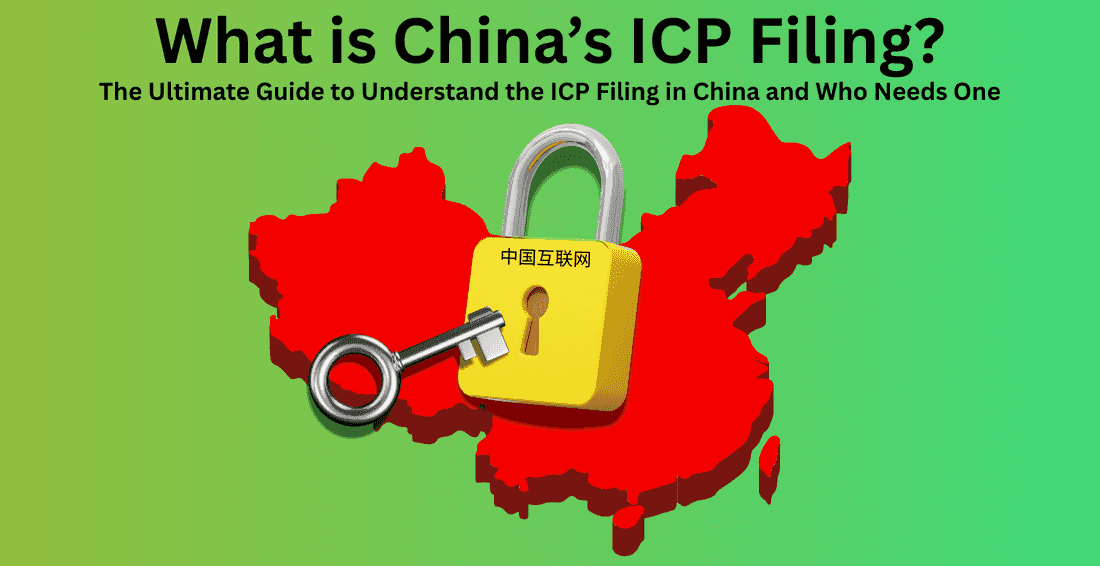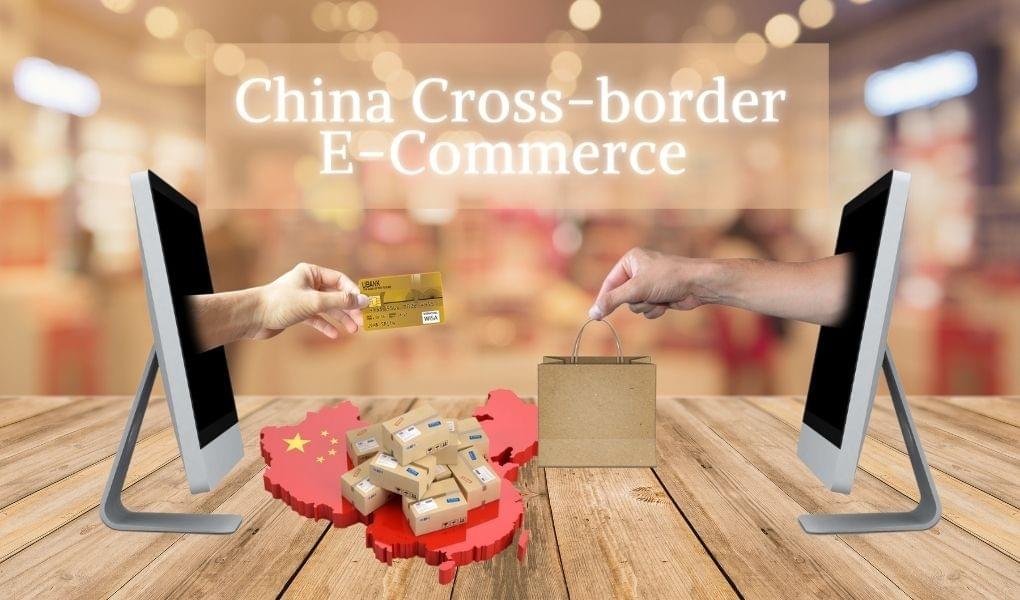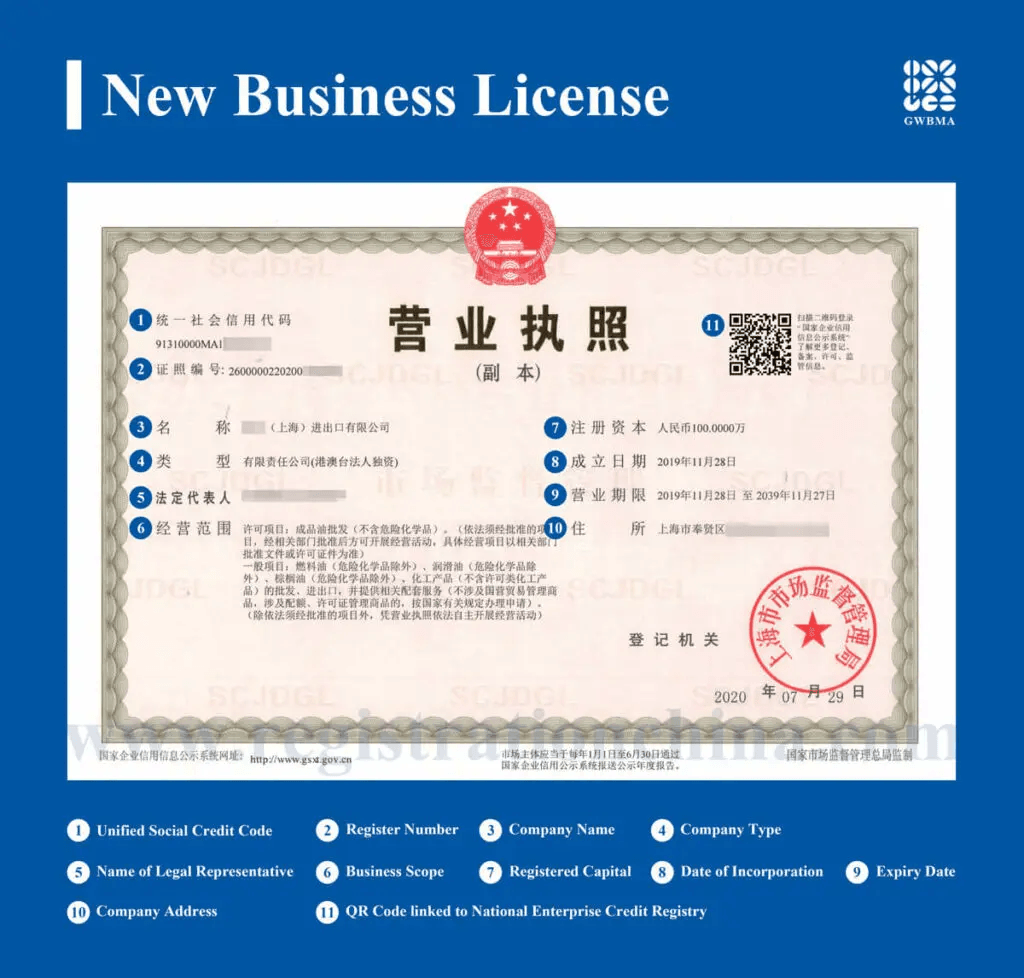Welcome to the $3 Trillion Paperwork Adventure!
So, you've set your sights on China's $3 trillion e-commerce market? Congratulations! You're about to embark on an adventure with more plot twists than a telenovela and more paperwork than a tax accountant's fever dream. In 2025, getting licensed to sell online in China isn't just a legal formality—it's basically the corporate equivalent of climbing Mount Everest while filling out forms in triplicate.
The Numbers That Will Make Your CFO Both Excited and Terrified
- Total Market Value: $3 trillion (roughly the GDP of France, or about 3 billion decent smartphones)
- Online Retail Penetration: 52% (meaning the other 48% haven't yet discovered the joy of shopping in their pajamas)
- Cross-Border E-Commerce Growth: 28% (growing faster than your anxiety as you read this license guide)
- Foreign Merchant Compliance Rate: 94% (the other 6% are currently enjoying conversations with Chinese regulators)

The Five Licenses That Stand Between You and Chinese E-Commerce Glory
1. Business Operation License (营业执照): The "You Exist" Certificate
What It Really Is:
The government's way of saying, "We officially acknowledge you're a business and not just some random person selling stuff from your garage." It's your corporate birth certificate, tax ID, and hall pass all rolled into one important document.
Types That Will Fill Your Filing Cabinet:
- Domestic Business License (for those brave enough to go full local)
- Foreign-Invested Enterprise License (for those who like joint ventures and paperwork)
- Cross-Border E-Commerce License (for those who prefer to keep one foot outside China)
What They'll Want From You:
- Company registration (more detailed than your dating profile)
- Taxation identification (because death and taxes are universal constants)
- Legal representative details (the designated person who gets the midnight phone calls when something goes wrong)
- Business scope definition (the corporate version of "define the relationship")
The Verification Process:
Imagine a combination of a background check, a home inspection, and a mild interrogation, all conducted with polite smiles and cups of tea.
2. Internet Content Provider (ICP) License (网络文化经营许可证): The "Permission to Exist Online" Permit
What It Really Is:
The digital equivalent of getting permission to set up a store on China's internet street. Without it, your website might as well be written in invisible ink.
You Absolutely Need This For:
- Websites (yes, even that "simple" landing page)
- Mobile applications (no app for you without this)
- E-commerce platforms (your digital storefront needs official approval)
- Digital content services (because even your blog posts need government blessing)
Compliance Requirements That Will Keep Your IT Team Awake:
- Content audit (where regulators read your website with more scrutiny than your high school English teacher)
- Server location verification (because where your digital bits live matters a lot)
- Data protection protocols (privacy rules that make GDPR look like a casual suggestion)
- Continuous monitoring (imagine a stern librarian constantly looking over your shoulder)

3. Cross-Border E-Commerce License (跨境电商许可证): The "International Seller VIP Pass"
What It Really Is:
Your golden ticket to selling foreign products to Chinese consumers without establishing your entire business within China. It's the regulatory equivalent of having one foot in China and one foot out, which is less uncomfortable than it sounds.
The Perks That Make The Paperwork Worthwhile:
- Simplified import procedures (relatively speaking—"simplified" in China still involves more paperwork than buying a house elsewhere)
- Preferential tax rates (your accountant will do a little happy dance)
- Direct consumer access (no middleman taking a slice of your profit pie)
- Streamlined customs clearance (meaning your products might arrive before they go out of style)
Application Criteria That Will Test Your Corporate Worthiness:
- Financial stability proof (showing you have enough money to weather the storms of commerce)
- Product compliance documentation (proving your products won't explode, cause rashes, or violate local standards)
- Quality control documentation (demonstrating that your quality control is more thorough than a germaphobe's handwashing routine)
- International business track record (because China prefers businesses with experience, not startups learning on the job)

4. Value-Added Telecommunication Business License (增值电信业务经营许可证): The "Digital Services Permission Slip"
What It Really Is:
The license that says, "Yes, you can handle the technical side of e-commerce." Without it, your digital operations would be about as legitimate as a three-dollar bill.
Required If You Dare To Provide:
- Online payment services (because handling money digitally requires extra permission)
- Cloud computing (for when your data needs to float in authorized Chinese clouds)
- Data transmission (moving bits and bytes with official blessing)
- Customer service platforms (because even helping customers requires a license)
Regulatory Scope That Will Impress Your Compliance Team:
- Telecommunications compliance (rules that would make your IT director weep)
- Data security standards (cybersecurity protocols tight enough to make a hacker reconsider their career choice)
- Service quality monitoring (because the government cares about your Yelp reviews)
- Consumer protection mechanisms (proving you won't vanish with customer money)
5. Food and Drug Trading License (食品经营许可证): The "Permission to Sell Things People Ingest or Apply" Certificate
What It Really Is:
The government's way of ensuring you're not selling snake oil or questionable edibles to the Chinese public. It's the regulatory version of your mother asking, "Are you sure that's safe to eat?"
Mandatory For Anyone Selling:
- Nutritional supplements (because your "miracle vitamin" needs verification)
- Health products (your wellness claims will be scrutinized more than a celebrity's plastic surgery)
- Dietary goods (food items get special attention, for obvious reasons)
- Cosmetic sales (anything that goes on a body needs extra approval)
Verification Process That Makes Medical School Look Brief:
- Product safety testing (more thorough than airport security)
- Manufacturing audit (inspectors with clipboards and serious expressions)
- Ingredient transparency (every component gets the spotlight)
- Ongoing quality monitoring (the regulatory equivalent of helicopter parenting)
Your Strategic Options (Choose Your Adventure!)
Option 1: Go All In - Direct Establishment
What It Means:
Setting up your business in China completely, like moving to a new country rather than just visiting.
Pros:
- Full legal entity with all the rights of a local business
- Comprehensive licensing (you'll collect them all like Pokémon)
- Maximum market access (the full Chinese buffet, not just the appetizers)
Cons:
- More paperwork than a forest can provide
- Higher initial investment (both financial and emotional)
- Steeper learning curve than learning Mandarin overnight
Option 2: Dip Your Toes - Cross-Border E-Commerce Model
What It Means:
Selling to China while keeping most of your operations outside of China—the long-distance relationship of international commerce.
Pros:
- Simplified registration (relatively speaking)
- Lower initial investment (save some yuan for marketing)
- Faster market entry (weeks or months instead of geological ages)
Cons:
- Limited market access
- Less control over your Chinese presence
- Still enough paperwork to wallpaper your office
Option 3: The Piggyback Ride - Platform-Based Selling
What It Means:
Using established Chinese platforms like Tmall Global or JD Worldwide to handle most of the regulatory heavy lifting.
Pros:
- Leveraging existing infrastructures (why build a road when you can use someone else's?)
- Reduced licensing complexity (let the platforms handle some headaches)
- Managed compliance (some regulatory babysitting included)
Cons:
- Platform fees that might make you wince
- Less brand control than going solo
- Still responsible for product compliance (no escaping this one)

When Things Go Wrong: Compliance Challenges and How Not to Become a Cautionary Tale
Your Risk Management Survival Kit
- Professional Legal Consultation: Hire lawyers who know Chinese regulations better than they know their spouse's favorite foods
- Local Partnership Development: Find trustworthy local allies who can navigate cultural nuances
- Continuous Regulatory Education: Subscribe to regulatory updates like they're the latest streaming service
- Robust Compliance Infrastructure: Build systems so thorough they could withstand a regulatory hurricane
Staying Ahead of the Game: Emerging Trends
- Blockchain-Verified Licensing: Using blockchain to prove your documents are more legitimate than a royal birth certificate
- AI-Powered Compliance Monitoring: Letting robots watch your regulatory back
- Real-Time Regulatory Updates: Getting rule changes faster than celebrity gossip
- Integrated Digital Certification: One digital system to rule them all (and in compliance bind them)
- Automated Compliance Reporting: Because manually filing reports is so 2022
Conclusion: The Light at the End of the Bureaucratic Tunnel
Navigating China's licensing landscape is like completing a complex video game where the final boss is a mountain of paperwork and the prize is access to 1.4 billion potential customers. It's challenging, sometimes frustrating, but ultimately worth the effort for those who persevere.
Remember: In China's e-commerce world, proper licensing isn't just about avoiding fines—it's your VIP pass to a $3 trillion party that's getting bigger every year.